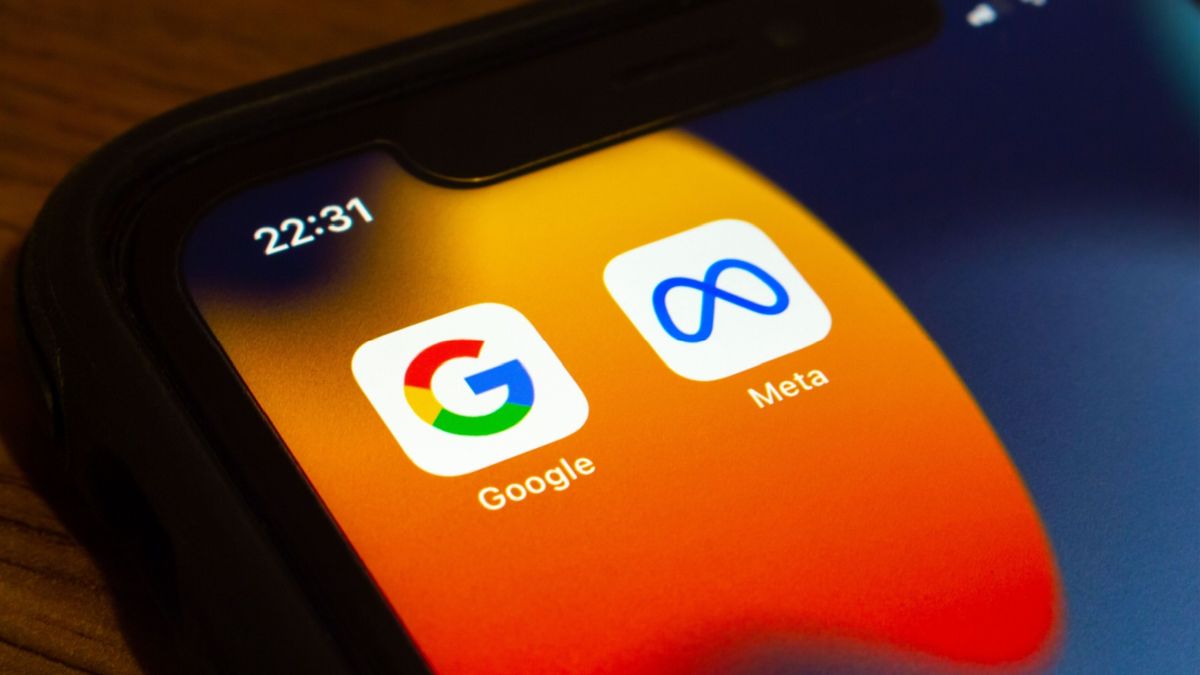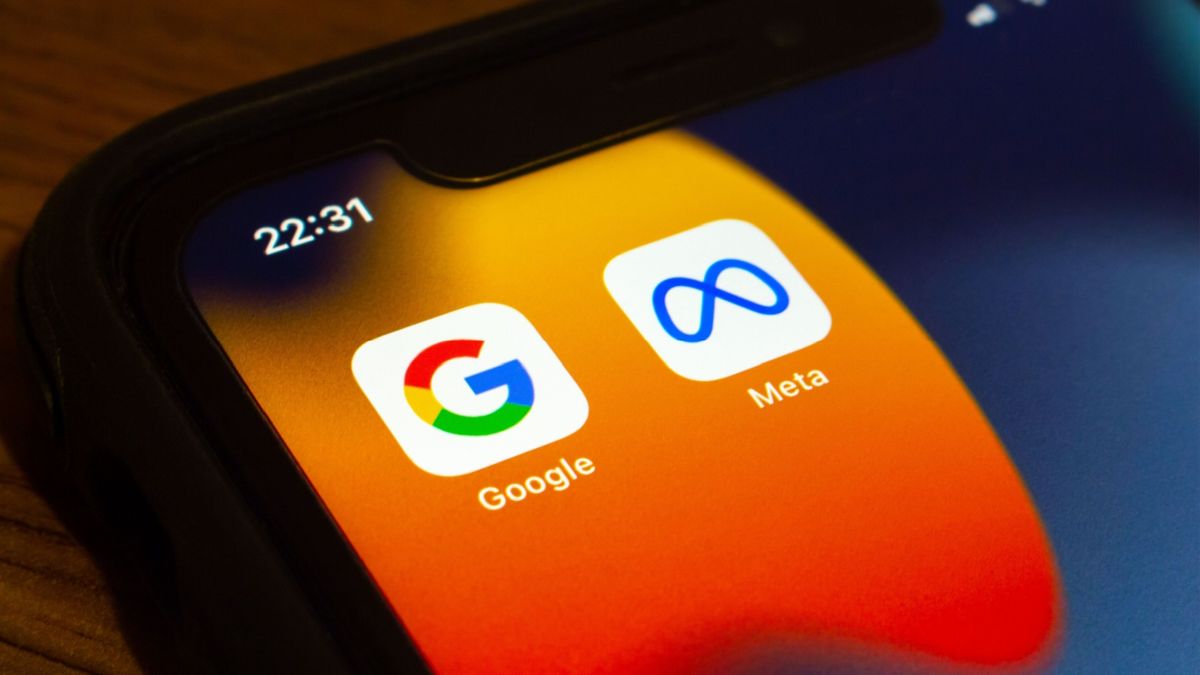
Google and Meta have reportedly been rolling out ads targeting young teens, which skirt the former’s policies prohibiting such actions.
According to a report from the Financial Times (via Engadget), Google created a marketing campaign targeting the 13-17-year-old demographic, advertising Instagram to YouTube users in that age range. To circumvent its own rule against age-based advertising, it created a group labeled “unknown.” Then, it proposed the plan to Meta, another tech giant with similar policies on restricting age-based advertising, by presenting data showing its daily engagement with the demographic.
The campaign was successfully launched in Canada with media agency Spark Foundry and then in the US, with plans to include other Meta apps and regions. According to the Financial Times, the campaign was canceled after the publication contacted Google, though it admitted no wrongdoing because “it didn’t directly target registered YouTube users know to be 18.”
Interestingly enough, Google’s own policies define the campaign as in violation since it also has rules against proxy targeting.
Why this matters
This recent debacle showcases why tech corporations cannot be trusted to self-regulate, even when making and publicly promoting their policies that are meant to protect users — especially its most vulnerable. Both Google and Meta used their knowledge of their rules and the former’s extensive demographic information to create an entire campaign in multiple regions.
If the Times had not uncovered documents laying out these plans, Google and Meta would have continued profiting off this operation by exploiting such a young group. Worse, they would still be able to reap the reputation benefits from these policies, encouraging teens to continue using YouTube since it’s being purported as safe.
Even when faced with overwhelming evidence of its actions, Google reportedly had no issue claiming it didn’t violate its policies even though, interestingly enough, Google’s very own policies define the campaign in violation since it also has rules against proxy targeting.
This isn’t the first rodeo
This isn’t the first time Google has been in hot water over its advertising abuse. In 2023, the US Department of Justice brought a massive anti-trust case against Google “for monopolizing digital advertising technologies” due to its monopoly over the ad-tech space.
Meta is immensely guilty of this as well, with its platform infamously leaning into racial biases, being used to influence the 2020 election by dissuading black and Latino constituents from voting, and the Cambridge Analytica scandal of 2018 revealing that data from 87 million Facebook profiles was used to bombard users with Trump election ads.
Looking back on these tech giants’ past grievances, it’s no surprise that they would carry out such a widespread campaign to fatten their pockets without regard for the consequences of collecting and using this data.
Google, Meta, and the like must be strongly and consistently regulated by outside forces, including journalistic organizations and governing bodies. According to its report, the Financial Times alone was able to force Google to halt this marketing project simply by confronting the tech giant. Imagine how much safer the internet can be, especially for such a vulnerable demographic of people.
You might also like
Services Marketplace – Listings, Bookings & Reviews
